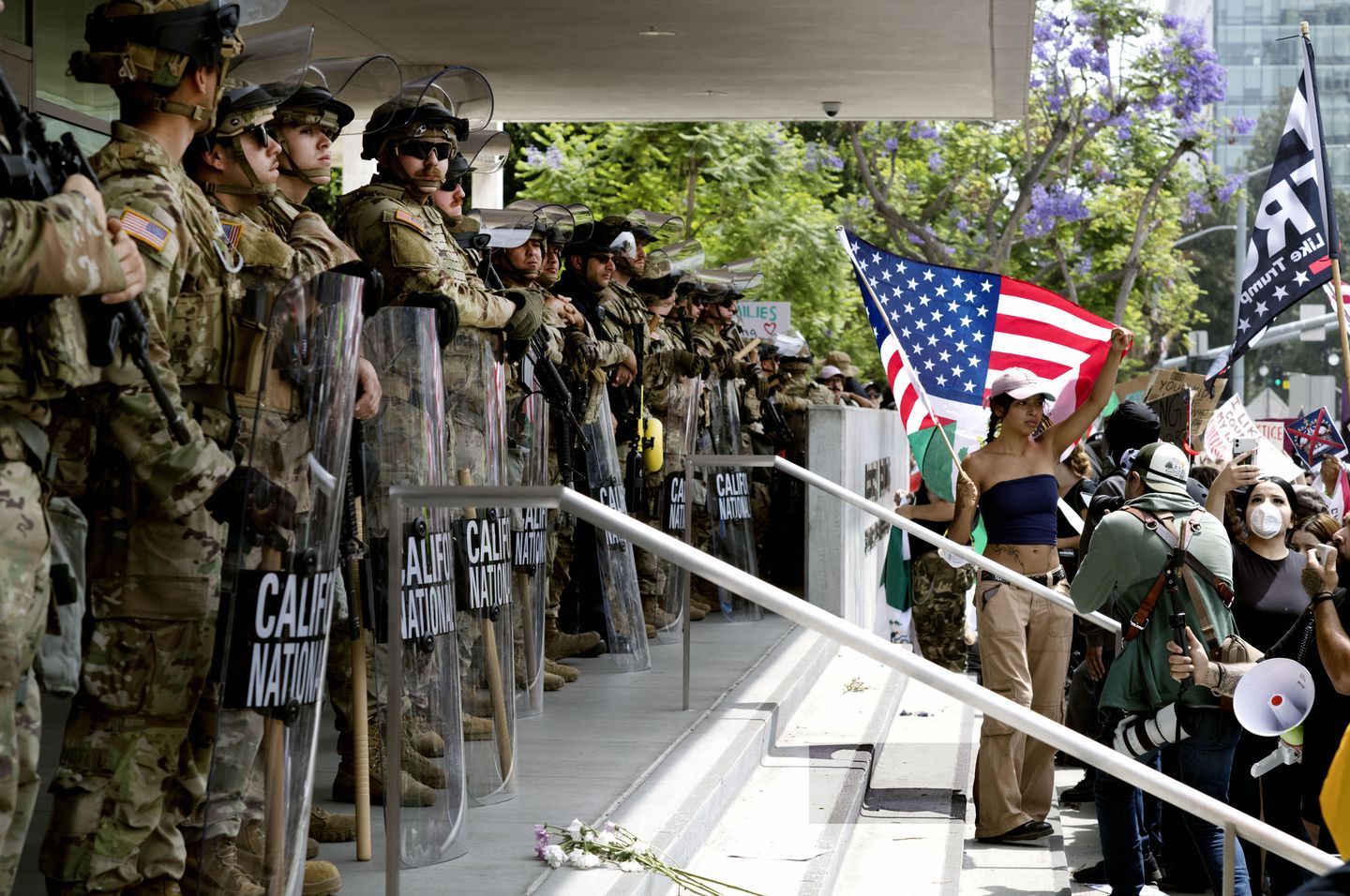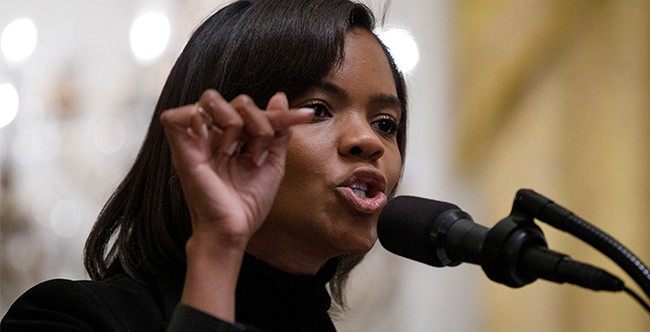
President Trump appears to have been on solid legal ground when he federalized and deployed National Guard troops to Los Angeles, an appeals court ruled late Thursday, giving the White House permission to keep the troops in place — for now.
The ruling isn’t a full decision but means Mr. Trump will have a free hand while the case develops in lower courts — which, barring a major flare-up in the city, could mean the deployment would be over before judges reach any final ruling.
The 9th U.S. Circuit Court of Appeals said the law governing guard call-ups gives a president wide deference, and judges’ role in second-guessing a president is limited.
And the evidence Mr. Trump presented for his decision-making — of ongoing disruptions and violence — is enough.
“Affording appropriate deference to the President’s determination, we conclude that he likely acted within his authority in federalizing the National Guard,” the judges said in an unsigned ruling.
They rejected California Gov. Gavin Newsom’s claim that he retained some sort of veto power over a president’s decision to federalize a state’s guard troops. The three-judge panel also said Mr. Trump appears to have followed the right procedures in issuing a notice to the adjutant general of the state guard.
Mr. Newsom saw the ruling as a partial victory, saying the court rejected the broadest claims of power by Mr. Trump. But the governor said he disagreed with the rest of the ruling.
“The president is not a king and is not above the law. We will press forward with our challenge to President Trump’s authoritarian use of U.S. military soldiers against citizens,” he said.
The panel of judges included two Trump appointees and one Biden appointee.
As of Saturday, there were 4,155 guard soldiers, 821 active-duty Marines and 382 vehicles involved in the federal military effort.
They’re not engaged in direct enforcement of the law but are providing protection to federal buildings and riding along with ICE personnel as they go out into communities looking for their deportation targets.
California, in court arguments, had conceded the issue wasn’t so much the protection of federal buildings as the other guard activities — and, more broadly, the way Mr. Trump went about it.
Mr. Newsom has cast his battle as a stand for all states, Democrat and Republican, and all citizens against an increasingly unhinged president.
“The president’s action to turn the military against its own citizens threatened our democracy and moved us dangerously close to authoritarianism,” he said.
Politics is no less motivating, with the lawsuit seeking to capture a growing anti-ICE zeitgeist among Democrats.
While other Democratic lawmakers have physically tussled with ICE, Mr. Newsom has come closest to doing something about it, winning the initial restraining order from U.S. District Judge Charles Breyer.








